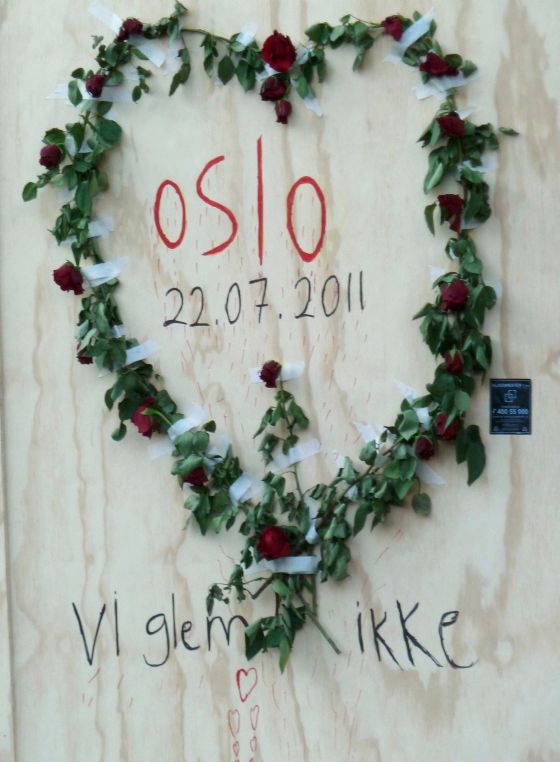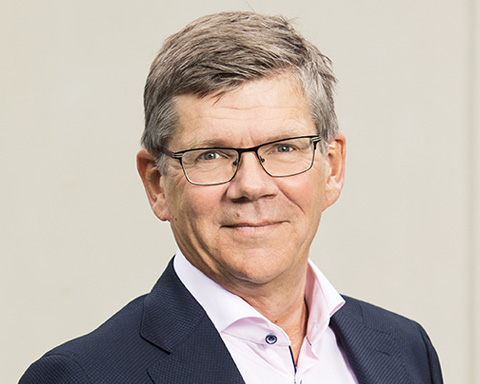I think we all remember where we were at 15:25 on 22 July, 2011.

I was sitting at home in the living room at R?a with two of my sons when we suddenly heard this huge bang. The windows shook. The third son came rushing down from the second floor.
We did not understand what was going on until a while later. First came the photographs and recordings from the government quarter, and gradually it began to dawn on us what was unfolding on Ut?ya. It was so painful that it is still almost unbearable to revisit these feelings.
22 July did not affect me and my family directly. However, the terror affected much of what I believe in. As I see it, the events that day were an attack on AUF (the Norwegian Labour Party’s Youth Organisation) and on the society we want to live in, on liberal democracy, on our social institutions and the ideal of a multicultural and solidary society. And on the youth. Youth who wanted to be involved in building the country.
It was – and is – difficult to understand, and completely impossible to accept.
Society faltered at the time and is still shaking. The recent vandalism at the memorial of Benjamin Hermansen is both sad and frightening.
We were all affected in one way or another. All who were glued to the news broadcasts the first weekend. Those who came from far out of town to contribute to the sea of flowers outside the Cathedral in Oslo. And people who became aware of just how lucky they had been afterwards – like he who returned from paternity leave to his office near the government quarter and discovered that the desk where he should have sat was full of deep notches created by shards of glass from the windows that were blown up.
Then there are those who carry with them something else than compassion and reflection. They lost the most precious they had, and try to keep setting one foot in front of the other through life with a grief that will never go away. For the survivors it has been a hard fight to return to everyday life.
The terror hit the government quarter and Ut?ya. It could also have hit the university - we know this from the writings of the terrorist. It did not happen, but we felt the ripple effects just as much. The University of Oslo lost students on that July day. Some of our students and colleagues lost their loved ones. Survivors returned to their studies, however marked for life.
The terror also affected the university as an institution, as an arena for the open, curious encounters between people and ideas, and the belief in knowledge and rationality. Such an attack demands that we as a university and society strike back. Hate crime and racism require long-term and preventive work. Working with knowledge, attitudes and inclusion are key components in the defence that we can use against hatred and the fear of the foreign – a fear that often underlies hatred.
That is why it is important to educate, that is why it is important to form. This implies that we as individuals, but also society as a whole, must be able to tolerate the thoughts of others, be able to disagree and meet arguments with counter-arguments. Such an enlightenment ideal is in a way the very image of the university and the goal of all our work as an institution. Munch's fantastic painting in the Aula – Solen (the sun) – symbolises just this.
We have an important role as a university, as an institution, as researchers and as teachers. New generations must be able to understand different perspectives and ideas. They must practice to interpret, listen and argue. To respect. And to fear less. We need knowledge to understand and face extremists, hate crime and terrorism – as e.g. the UiO Center for Research on Extremism C-REX has contributed with its research on 22 July. We need to understand history and the human mind. And we need knowledge about religion and culture. Not least, we need the ability to think critically and critique sources.
When we talk about societal security, it is often about physical barriers and control. Another basic emergency sits in our heads.
My warmest thoughts go to the bereaved and survivors of this day.


